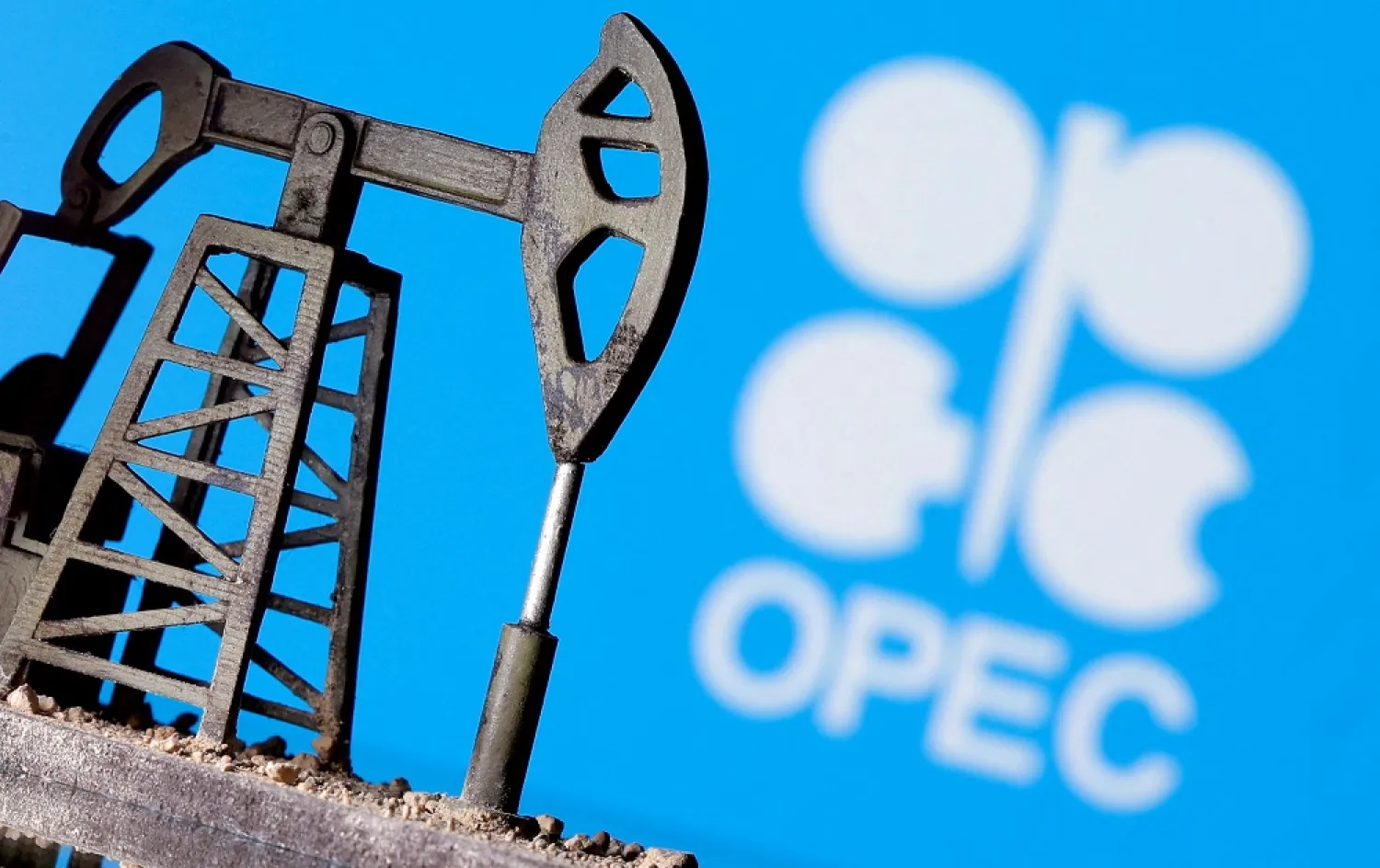Several Arab countries expressed on Monday their solidarity with and support to Saudi Arabia in wake of the decision taken at the OPEC+ group last week.
Oman’s foreign ministry said it was following the developments related to OPEC+’s decision to partially cut output.
It stressed that it supports the decision that “is based on economic factors and supply and demand.” The decision also aims at achieving “the desired stability in the global market” and was taken in consensus among the group members.
Morocco’s Foreign Minister Nasser Bourita said Rabat supports all of Saudi Arabia’s foreign policy decisions.
Speaking from Riyadh on Monday, he stated that the Kingdom was forging ahead on the “right path”.
Saudi Arabia’s foreign policy, whether in diplomacy or energy, is following a long-term path. It is adopting a rational approach that is immune to pressure, he added.
Morocco completely stands by Saudi Arabia in all the decisions it takes, especially in regards to its security and stability and the security of energy markets, Bourita remarked.
Rabat’s position stems from the deep fraternal ties that bind Morocco’s King Mohammed VI to Custodian of the Two Holy Mosques King Salman bin Abdulaziz and Prince Mohammed bin Salman, Crown Prince and Prime Minister, he continued.
Saudi Arabia is a pillar of the Arab system and its foreign policy is held in high regard by Morocco, he went on to say. Bourita added that his visit to Saudi Arabia is part of the constant communication between the kingdoms’ leaderships and unique relations they have enjoyed throughout history.
Algeria’s Energy Minister Mohamed Arkab said the OPEC+ decision stems from “purely technical” needs given the state of the international economy and energy market.
OPEC+ aims to deal with the situation to achieve balance between supply and demand, he added, according to the Algerian state news agency (APS).









